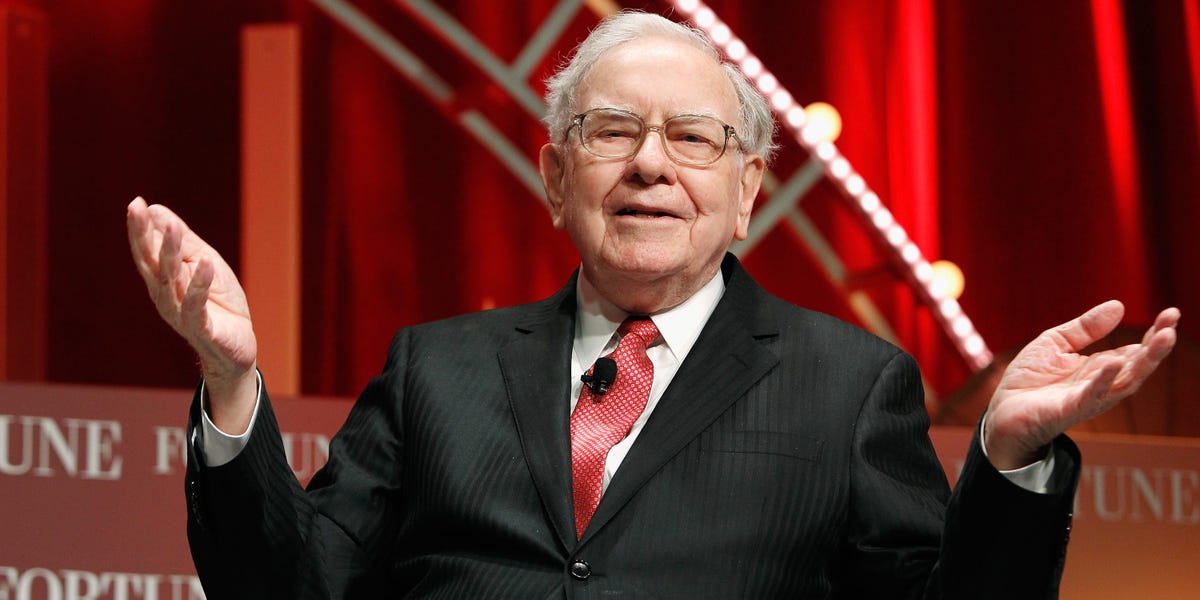Trade War Backlash: Buffett Blasts Tariffs as Economic 'Weapon of Mass Destruction'

Legendary investor Warren Buffett has once again weighed in on global economic policy, delivering a sharp critique of former President Donald Trump's trade approach. The billionaire CEO of Berkshire Hathaway bluntly labeled protectionist tariffs as "a big mistake," signaling his long-standing belief in the importance of open and free international trade.
Buffett, known for his economic wisdom and straightforward commentary, argues that restrictive trade policies ultimately harm economic growth and consumer interests. His critique underscores the potential negative consequences of isolationist economic strategies that aim to shield domestic industries through punitive tariffs.
As one of the world's most respected financial leaders, Buffett's perspective carries significant weight in economic and political circles, offering a nuanced perspective on the complex dynamics of international trade and economic policy.
